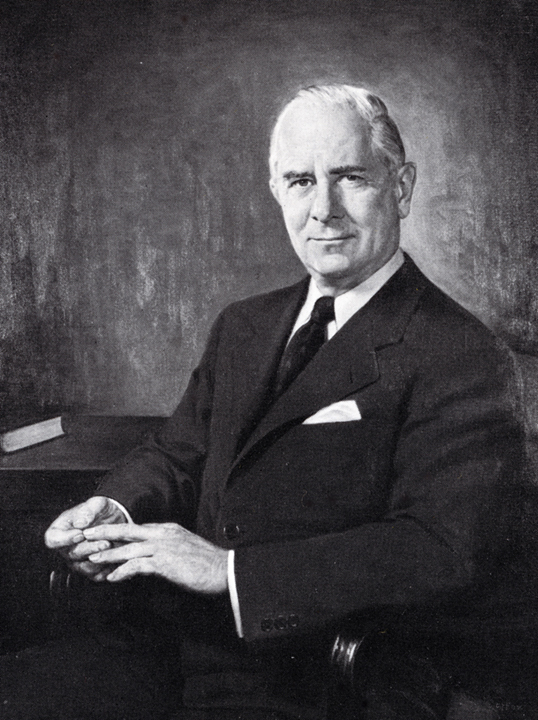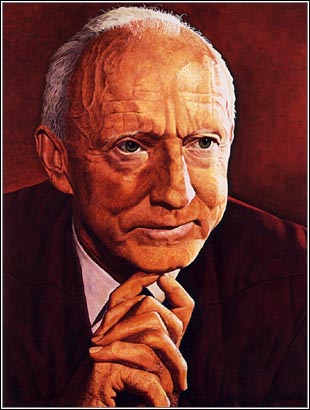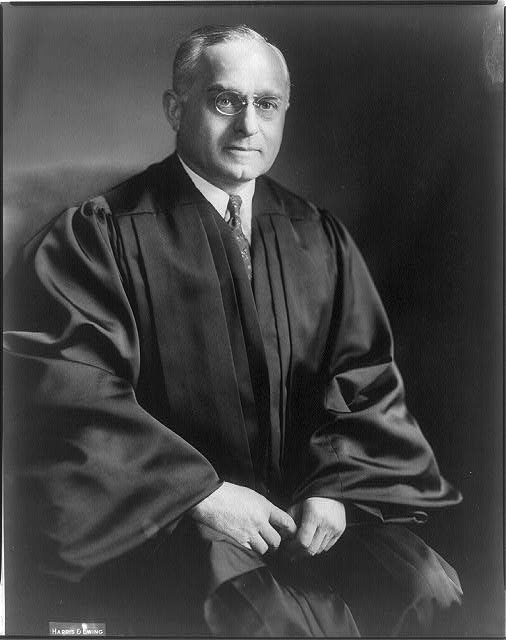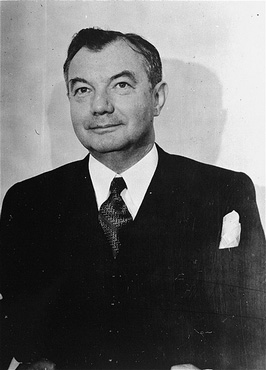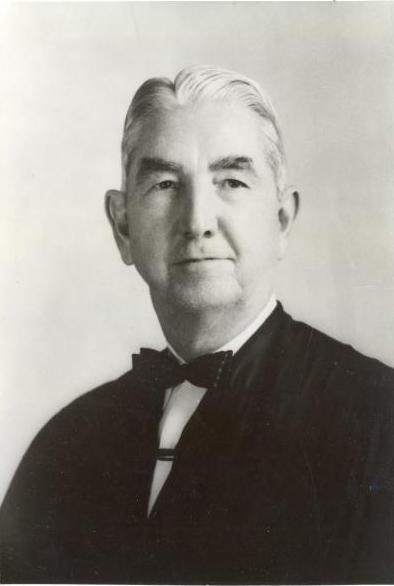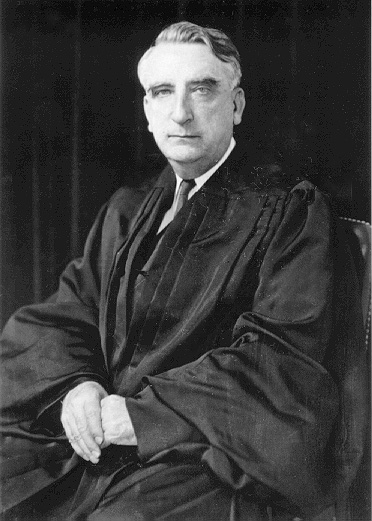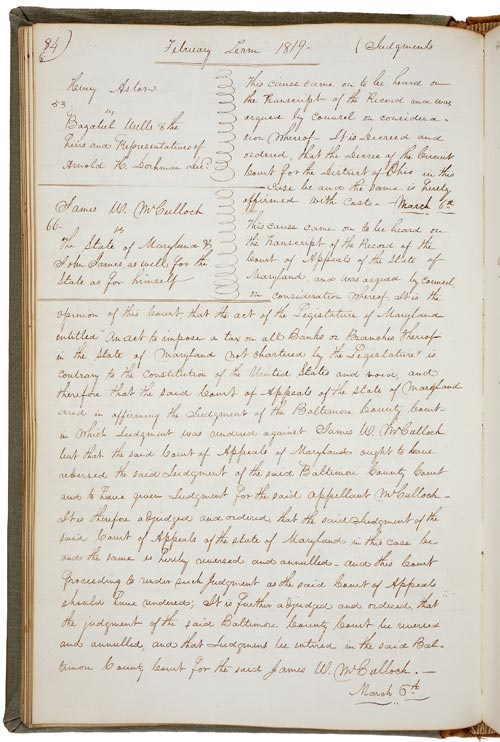The lecture notes are here. The live chat is here.
The Separation of Powers
- Separation of Powers (173-175).
- Youngstown Sheet & Tube (175-190).
- The Powers of Congress – Article I (190-192).
- Enumerated Powers (192-193).
- M’Culloch v. Maryland (193-209)
This is a postcard of the Youngstown Sheet and Tube Mill.
Here are photographs of the actual steel mill at issue in Youngstown, Ohio.
This is Secretary of Commerce Charles Sawyer, whom Truman ordered to seize the steel mill.
The lead opinion in Youngstown was authored by Justice Hugo Black.
There were also concurring opinions written by five Justices. This is Justice Felix Frankfurter.
This is Justice William O. Douglas.
This is Justice Robert H. Jackson. Justice Jackson, who would serve as the lead prosecutor at Nuremberg, authored what has been seen as the definitive opinion in Youngstown.
This is Justice Tom C. Clark (a graduate of University of Texas at Austin).
Chief Justice Vinson dissented, joined by Justices Reed and Minton.
You can read Executive Order 10340, Executive Order 10340 – Directing the Secretary of Commerce to Take Possession of and Operate the Plants and Facilities of Certain Steel Companiesm, here:
NOW, THEREFORE, by virtue of the authority vested in me by the Constitution and laws of the United States, and as President of the United States and Commander in Chief of the armed forces of the United States, it is hereby ordered as follows:
1. The Secretary of Commerce is hereby authorized and directed to take possession of all or such of the plants, facilities, and other property of the companies named in the list attached hereto, or any part thereof, as he may deem necessary in the interests of national defense; and to operate or to arrange for the operation thereof and to do all things necessary for, or incidental to, such operation.
2. In carrying out this order the Secretary of Commerce may act through or with the aid of such public or private instrumentalities or persons as he may designate; and all Federal agencies shall cooperate with the Secretary of Commerce to the fullest extent possible in carrying out the purposes of this order.
3. The Secretary of Commerce shall determine and prescribe terms and conditions of employment under which the plants, facilities, and other properties possession of which is taken pursuant to this order shall be operated. The Secretary of Commerce shall recognize the rights of workers to bargain collectively through representatives of their own choosing and to engage in concerted activities for the purpose of collective bargaining, adjustment of grievances, or other mutual aid or protection, provided that such activities do not interfere with the operation of such plants, facilities, and other properties.
4. Except so far as the Secretary of Commerce shall otherwise provide from time to time, the managements of the plants, facilities, and other properties possession of which is taken pursuant to this order shall continue their functions, including the collection and disbursement of funds in the usual and ordinary course of business in the names of their respective companies and by means of any instrumentalities used by such companies.
5. Except so far as the Secretary of Commerce may otherwise direct, existing rights and obligations of such companies shall remain in full force and effect, and there may be made, in due course, payments of dividends on stock, and of principal, interest, sinking funds, and all other distributions upon bonds, debentures, and other obligations, and expenditures may be made for other ordinary corporate or business purposes.
6. Whenever in the judgment of the Secretary of Commerce further possession and operation by him of any plant, facility, or other property is no longer necessary or expedient in the interest of national defense, and the Secretary has reason to believe that effective future operation is assured, he shall return the possession and operation of such plant, facility or other property to the company in possession and control thereof at the time possession was taken under this order.
7. The Secretary of Commerce is authorized to prescribe and issue such regulations and orders not inconsistent herewith as he may deem necessary or desirable for carrying out the purposes of this order; and he may delegate and authorize subdelegation of such of his functions under this order as he may deem desirable.
This was Marshall’s original draft opinion in M’Cullough v. Maryland.




